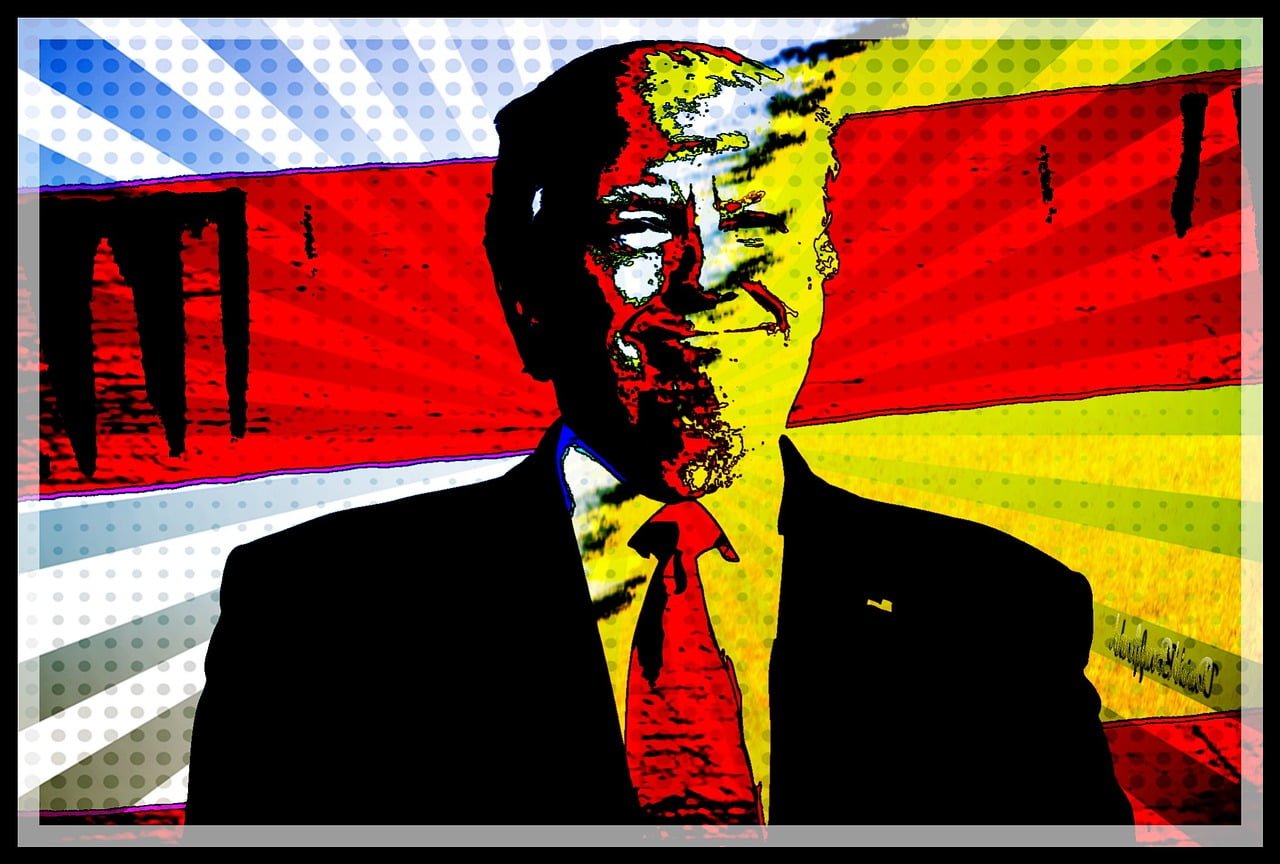Tensions between the U.S. and China are about to ramp up…
Last month, the United States Trade Representative (USTR) began its “301” investigation into whether China’s intellectual property rules and practices are unfairly disadvantaging U.S. firms.
(The investigation gets its name from Section 301 of the 1974 U.S. Trade Act, which authorises the president to issue tariffs or introduce other measures to counteract unfair foreign trade practices.)

The source of disagreements
This gets a bit wonky… but sometimes it’s important to understand the finer details, in addition to the big picture. And this is one of those cases. I think that a trade war with China would be bad for everyone… and it’s important to understand why it might happen.
The investigation is all about discovering – and rectifying – the damage done to U.S. companies from Chinese practices… which include the use of Chinese government funds to invest in or acquire U.S. companies and assets to obtain technologies… the theft of intellectual properties from U.S. companies… and the forced transfer of technology and intellectual property from U.S. firms to Chinese firms.
Specifically, these are the issues USTR will be investigating, along with the remedies that the U.S. is looking for…
- Forced transfer of technology and intellectual property. The U.S. is concerned about how joint ventures in the technology sector, and cloud computing in particular, are pressured to share technology. The U.S. hopes to end technology transfer requirements in some sectors.
- Policies that make it difficult for U.S. companies operating in China to establish market-based terms for licensing and technology-related issues. The key issue here is how technology is shared with local partners, and the economics of the agreement. The U.S. aims to allow American companies to establish licensing deals without excessive conditions.
- Chinese government funds being used to invest in or acquire U.S. companies and assets to obtain technology and intellectual property. The U.S. is concerned that government funds like the National IC Fund and the Made in China 2025 fund are causing market distortions in China’s quest to obtain technology. The U.S. wants to reduce using these funds to acquire high-tech U.S. firms.
- The cyber theft of intellectual property, trade secrets and confidential business information. The U.S. believes that government-sponsored theft is giving Chinese companies advantages over U.S. companies. The U.S. wants the Chinese government to agree not to support cyber-enabled theft.
- Other acts, policies and practices relating to tech transfer, intellectual property and innovation. The U.S. will be investigating other issues such as China’s antitrust laws against U.S. companies, in the hope of getting China to refrain from using these laws as leverage against U.S. companies.
———-Recommended Link———–

Donald Trump and China are about to go to battle… and prices of a small group of “hot commodities” will go up 1000%. Find how to position yourself before the gloves come off
LEARN MORE HERE.
————————————————
I think this investigation is likely just the start of a U.S.-China trade war. It’s widely assumed the investigation will find China at fault in several areas. It’s also likely that China will not make major concessions to the U.S. Some of the targets of the 301 investigation include Chinese President Xi Jinping’s key initiatives to modernise China’s economy.
When China and the U.S. fail to reach an agreement, Trump will likely launch major tariffs against Chinese imports next year. And you can bet China’s government will fight back. China knows how to exploit the advantages it has over its adversaries.
Meanwhile, don’t forget that getting into a trade tussle with China is a campaign promise that’s relatively easy for President Trump to keep.
What could happen next
With the U.S. shifting away from globalisation – via the trade war with China, the wall with Mexico and making it more difficult for Muslims to enter the U.S., to name a few – the door is open for China to take up the mantle of globalisation.
One of the most important benefits of globalisation is free trade. And China has made it clear that it will be happy to replace the U.S. in any potential trade deals – most notably in the wake of the dissolution of the Trans-Pacific Partnership (TPP) at the hands of the United States.
At least two other proposed trade deals, the Regional Comprehensive Economic Partnership (RCEP) and the Free Trade Area of the Asia-Pacific (FTAAP), could help bind Asia more tightly together – only with China, not the U.S., as the glue.
And America’s shift inward will have other implications beyond trade. It also means that China’s efforts to deepen its political and economic influence throughout the world will be made all the easier.
For example, China’s One Belt One Road (OBOR) initiative is a large-scale development and infrastructure programme announced by China in late 2013.
In short, China wants to become a major investor – with strings attached – through Asia and beyond. Spanning the breadth of Asia into Europe, the OBOR initiative incorporates around 60 countries, which account for a third of global GDP and around 60 percent of the global population.
And China says it will invest US$4 trillion into OBOR initiatives, although this could be over an extended period of time.
OBOR is a way that China can cement its strategic interests across a huge swathe of Africa, Central Asia and Eastern Europe at the same time.
While China is doing this… it’s meanwhile seeking to make up for lost ground in technology. That’s what the U.S. is upset about.
These are just a few examples of the slow by inexorable shift of the global political and economic centre, from west to east. (We’ve written more about this shift here.) And the looming U.S. trade war with China will likely only accelerate this shift.






